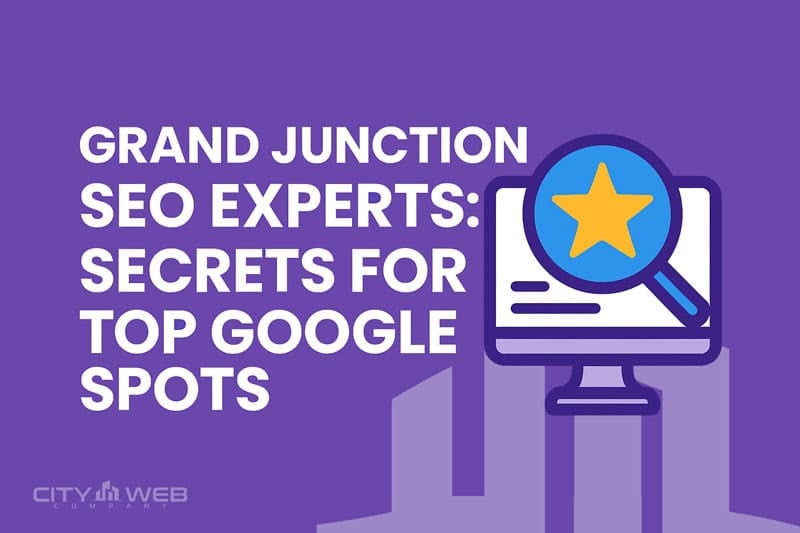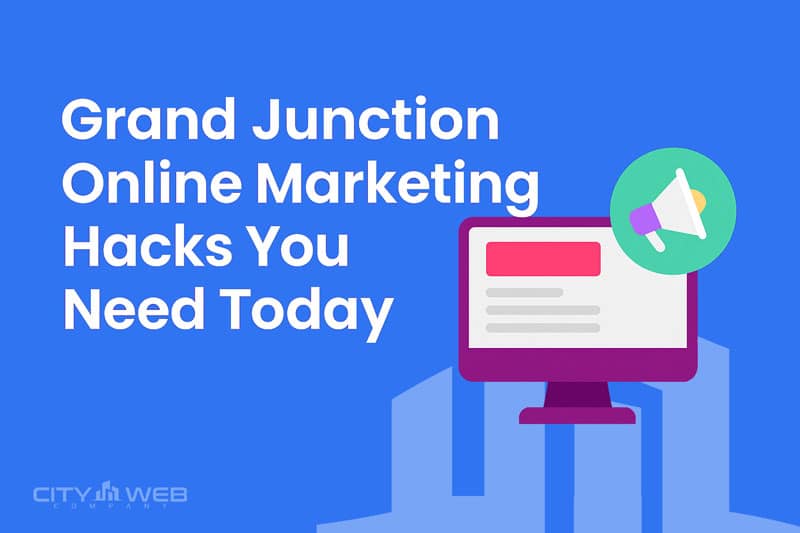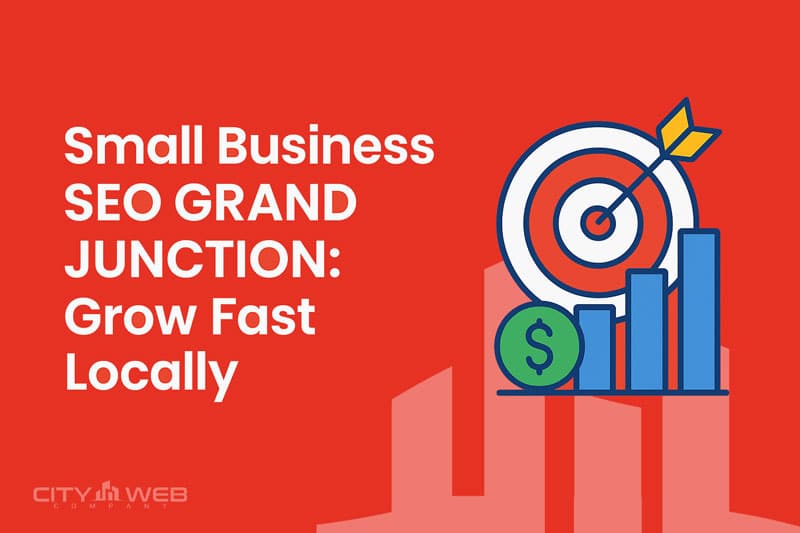Startling fact: Over 93% of all online experiences begin with a search engine. Imagine your…

Geo-Targeted SEO – Get Found by Customers in Your City
SEO is vital for local businesses seeking to enhance visibility within their community. By implementing geo-targeted SEO strategies, you can effectively connect with customers right in your city, driving more traffic to your website and storefront. This approach not only increases your chances of being found by local clientele but also improves your online credibility. Discover more about Geo-targeting Your Content for Local SEO and elevate your business potential by reaching the audience that matters most.
Table of Contents
Key Takeaways:
- Geo-targeted SEO focuses on optimizing your online presence to attract local customers through relevant keywords and local content.
- Using local business listings and directories, such as Google My Business, enhances visibility in local search results and helps potential customers find your business easily.
- Incorporating location-specific keywords in website content, meta descriptions, and title tags can effectively increase search rankings in targeted geographic areas.
- Customer reviews and ratings on platforms like Yelp or Google can significantly influence local search rankings and should be actively managed and encouraged.
- Mobile optimization is crucial, as many local searches are conducted on smartphones; ensuring your site is responsive improves user experience and search performance.
The Local Search Engine Landscape
As digital connectivity continues to grow, the local search engine landscape is evolving rapidly. Optimizing for local searches means understanding how search engines prioritize businesses based on geographic relevance. Major platforms like Google, Bing, and Yelp enable users to filter results by location, ensuring that you are competing with businesses in your area to capture local customers effectively.
Shifting Consumer Behavior Towards Local Queries
More than 76% of consumers who search for something nearby visit a business within a day, indicating a distinct shift towards local queries. This behavior highlights the consumer trend of seeking immediate solutions, putting local businesses at the forefront of potential sales. Understanding how to optimize for these local searches can drastically improve your visibility and foot traffic.
The Role of Google in Local Discovery
Google plays a pivotal role in how consumers discover local businesses. With features like Google My Business and localized search results, businesses that optimize their online presence see a significant uplift in visibility. Often, customers interact with a business’s Google listing before ever visiting a website, making this platform crucial for local SEO strategies.
Google employs complex algorithms to provide users with the most relevant results based on geographic and search intent factors. It utilizes signals such as your business’s location, keywords in search queries, and even the distance from the searcher to deliver tailored suggestions. By maintaining an updated and optimized Google My Business profile, including accurate contact information, business hours, and relevant keywords, you enhance your chances of appearing in the coveted local pack—the first three results shown above organic listings. Additionally, gathering positive reviews can further boost your rankings and trustworthiness, making optimization on this platform a non-negotiable step in your local SEO efforts.
Crafting a Geo-Targeted SEO Strategy
A successful geo-targeted SEO strategy involves several key components that align your business with the local market. Understanding your audience and the terms they use when searching for services in your area is paramount. To dive deeper into the potential of geo-targeting, you can explore Geo Targeted SEO: A Powerful Content Marketing Strategy.
Identifying Your Target Market
Getting a clear view of your target market starts with demographic research specific to your geographical area. Utilize tools such as surveys or social media insights to pinpoint who your customers are, what their pain points are, and what they seek in local services or products. This information helps tailor your marketing campaigns to resonate with local needs.
Selecting the Right Keywords for Local Impact
Choosing effective keywords involves integrating location-specific terms with your industry keywords. Think beyond generic terms; for example, instead of just “plumbers,” use “best plumbers in [Your City].” Tools like Google Keyword Planner can help generate localized keyword ideas that cater directly to your audience’s search intent.
Utilizing a combination of short-tail and long-tail keywords can maximize your visibility in local searches. Short-tail keywords, such as “coffee shop,” attract a broad audience, while long-tail keywords like “affordable coffee shop in downtown [Your City]” focus your reach on specific areas and customer queries. Employing variations such as geographic modifiers will create a more robust keyword strategy that targets the right audience effectively.
Optimizing Google My Business Listings
Your Google My Business listing is a vital part of local SEO. Complete your profile with up-to-date information such as your business name, address, phone number, and operating hours. Engaging with customers through reviews and Q&A sections also boosts your credibility and helps you rank higher in local search results.
To optimize your Google My Business listing further, include high-quality images, respond promptly to reviews, and regularly update posts about your products or services. This interaction not only enhances your visibility but also builds a community around your brand. The more active you are, the more favorable your listing becomes in local searches, attracting more potential customers.
The Power of Localized Content
Creating localized content enriches your website, enhancing your visibility in local search results. By focusing on your community, you create a connection with potential customers that generic, broader content simply cannot achieve. Localized content not only improves your SEO rankings but also helps establish your brand as a trusted local authority. Additionally, the right localized content encourages engagement and fosters loyalty, ensuring that customers want to choose you over your competitors when they need your services.
Creating Engaging and Relevant Local Content
Engaging local content addresses the specific interests and needs of your community. Tailor your blog posts, social media updates, and service descriptions to reflect local culture, language, and trends. Incorporating local keywords and phrases not only helps with SEO but also resonates more with your audience. Highlight local customer experiences and testimonials to further build authenticity and trust.
Using Local Events and News to Boost Engagement
Leveraging local events and news is a powerful way to connect with your audience. By incorporating timely and relevant content about community happenings, you demonstrate your commitment to the locality. This helps you establish a stronger connection with potential customers, substantially increasing engagement on your platforms.
When you share insights on local events, festivals, or news stories, your content becomes timely and relevant. For instance, if you run a bakery, create blog posts about a nearby street fair or farmers market, showcasing your products as perfect for these outings. Sharing photos and recaps of local events not only enriches your content but also drives social media shares, enhancing your visibility. Collaborating with local event organizers to sponsor or participate can further enhance your brand presence, giving you additional opportunities to engage and attract local customers.
Building Authority through Local SEO Techniques
Establishing your authority in the local market is necessary for gaining competitive advantage. Local SEO techniques enhance your visibility and credibility, ensuring that potential customers in your area recognize your business as a trusted source. By focusing on local search rankings, optimizing your Google My Business profile, and creating hyper-local content, you can position your brand effectively in your community. Additionally, leveraging local listings and reviews can reinforce your reputation, attracting more customers directly to your doorstep.
Acquiring Local Backlinks
Building a network of local backlinks reinforces your business’s credibility and authority. Connect with local bloggers, community organizations, or neighboring companies to exchange links, participate in sponsorship opportunities, and foster collaborations. Each quality local backlink increases your chances of ranking higher in search results, driving more traffic and customers to your site.
Leveraging Social Media for Local Presence
Social media serves as a powerful tool for boosting your local presence. Engaging with your community not only enhances brand visibility but also builds trust with your audience. By sharing locally-relevant content, showcasing local events, and celebrating customer stories, you create a sense of belonging. Regular posts and updates tailored to local interests can significantly enhance your business’s perception as a community-oriented brand. Additionally, interacting directly with your audience fosters loyalty and encourages user-generated content, which can further amplify your local reach.
Measuring Success in Geo-Targeted SEO
Success in geo-targeted SEO can be quantified through various metrics that highlight your website’s performance in local search results. By tracking these key indicators, you can assess how well your strategies are working and where improvements may be necessary. Metrics such as organic traffic from local searches, conversion rates, and engagement levels provide actionable insights. Regularly analyzing these figures empowers you to adapt quickly and effectively, ensuring your local presence remains strong and competitive.
Key Metrics to Track and Analyze
To evaluate the effectiveness of your geo-targeted SEO efforts, focus on metrics like local organic search traffic, click-through rates for localized keywords, and your rankings on Google Maps and local SERPs. Additionally, monitor the number of customer interactions, such as phone calls, directions requests, and reviews—these indicate how well you’re resonating with your local audience. Tracking these metrics over time allows you to identify trends and make informed decisions for future strategies.
Adjusting Strategies for Continuous Improvement
Fine-tuning your geo-targeted SEO strategies is crucial for staying ahead of the competition. Regularly review your performance metrics to spot opportunities for optimization. For instance, if certain keywords are underperforming, consider refining your content or adjusting your on-page SEO tactics. Implement A/B testing on landing pages and track user behavior to see what drives engagement. Continuous improvement ensures that your strategies remain relevant in a constantly evolving digital landscape.
Making adjustments based on analysis involves not just changing keywords or content but also understanding your audience better. Utilize tools like Google Analytics to observe how local customers interact with your site and where they drop off. Together with feedback from social channels and customer reviews, you can identify gaps in your offerings or areas that require more attention. By creating a loop of measurement, analysis, and adjustment, you cultivate a responsive SEO strategy that aligns with your business goals and your local audience’s needs.
To wrap up
With this in mind, adopting Geo-Targeted SEO strategies empowers you to connect with customers right in your city. By optimizing your online presence for local searches, you can increase visibility and attract potential clients who are searching for services you offer. Incorporating local keywords, setting up your Google My Business account, and utilizing localized content are imperative steps in maximizing your reach. As you implement these tactics, you’ll likely see growth in foot traffic, inquiries, and overall engagement from your community.
FAQ
Q: What is Geo-Targeted SEO?
A: Geo-Targeted SEO refers to the practice of optimizing your website and online content to attract visitors from a specific geographic area. This involves utilizing local keywords, creating content that caters to local interests, and improving your online presence on local search engines. The primary goal is to enhance visibility and attract customers who are searching for products or services in your location.
Q: How can Geo-Targeted SEO benefit my business?
A: By implementing Geo-Targeted SEO, your business can enhance its visibility in local search results, making it easier for potential customers in your area to find you. This can lead to increased foot traffic, higher conversion rates, and ultimately, greater sales. Additionally, local SEO can help establish your business as a trusted authority within your community.
Q: What are some effective strategies for implementing Geo-Targeted SEO?
A: Effective strategies for Geo-Targeted SEO include optimizing your website with local keywords, creating content that highlights local events or news, and ensuring your business’s online listings are accurate across platforms like Google My Business. It’s also beneficial to gather local backlinks, encourage customer reviews, and utilize localized social media marketing to enhance your visibility within your community.
Q: How do local keywords differ from general keywords?
A: Local keywords are search terms that include geographic qualifiers, such as city names or nearby landmarks. For example, “best coffee shop in [Your City]” is a local keyword, whereas “best coffee shop” is a broader term. Local keywords help search engines determine the relevance of your content to users in a specific area, making your site more likely to appear in local search results.
Q: Can I track the effectiveness of my Geo-Targeted SEO efforts?
A: Yes, tracking the effectiveness of Geo-Targeted SEO is possible through various metrics. Tools like Google Analytics allow you to monitor organic traffic from specific locations, track local rankings for targeted keywords, and analyze conversion rates. Additionally, monitoring customer engagement through reviews and social media interactions can provide insights into how well your local optimization efforts are resonating with your audience.



